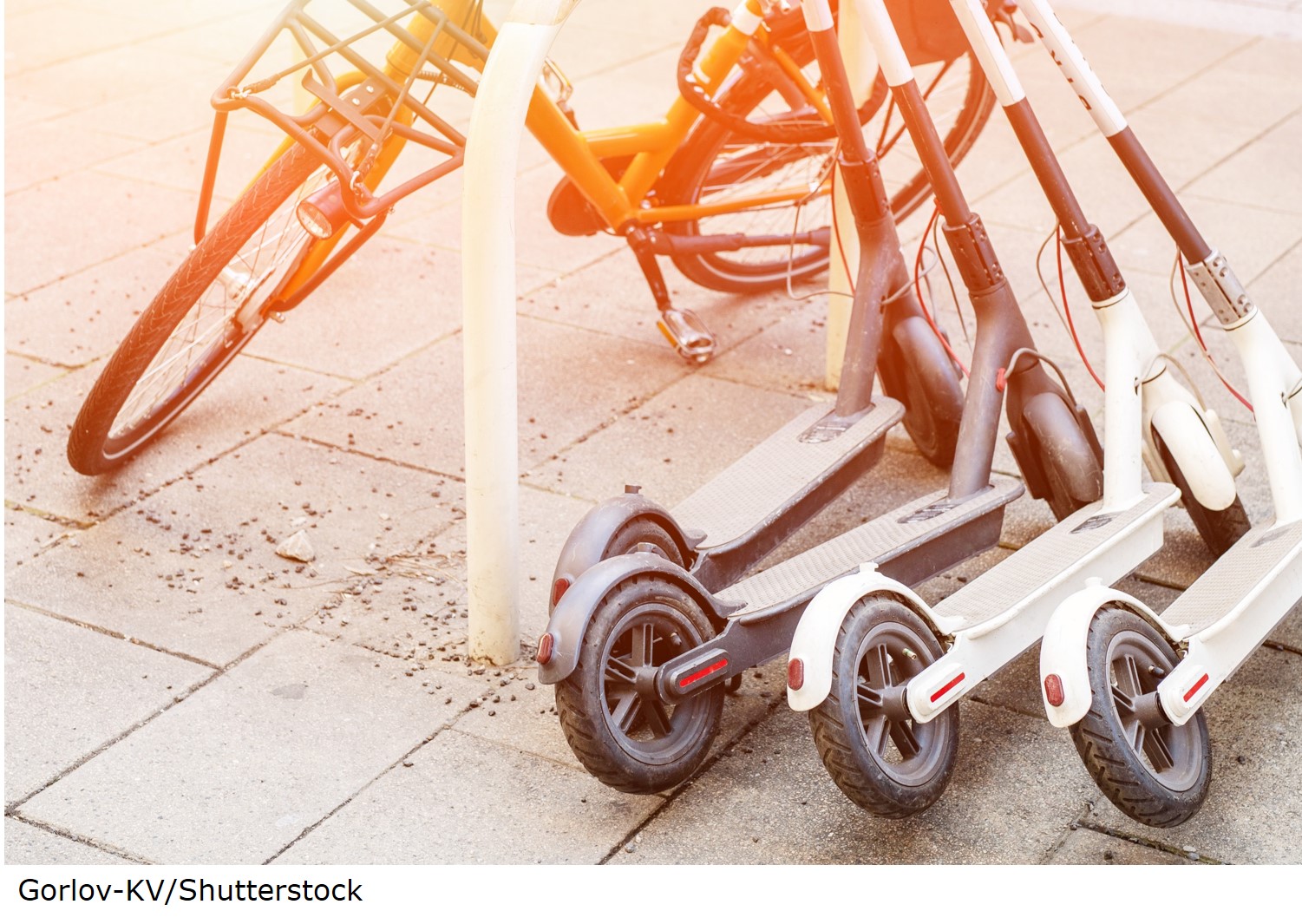We use cookies to personalize content and advertisements, to offer social media functions and to analyze access to our website.
You can revoke the given consent at any time. You can find further information in our Privacy Policy.
Mar 2019
On 20, Mar 2019 | In News @en | By Alisa Maier
